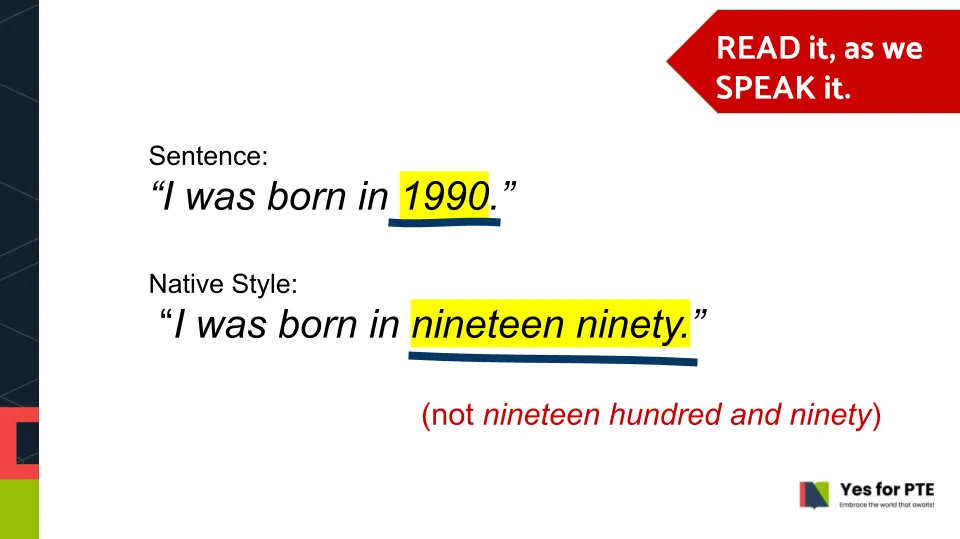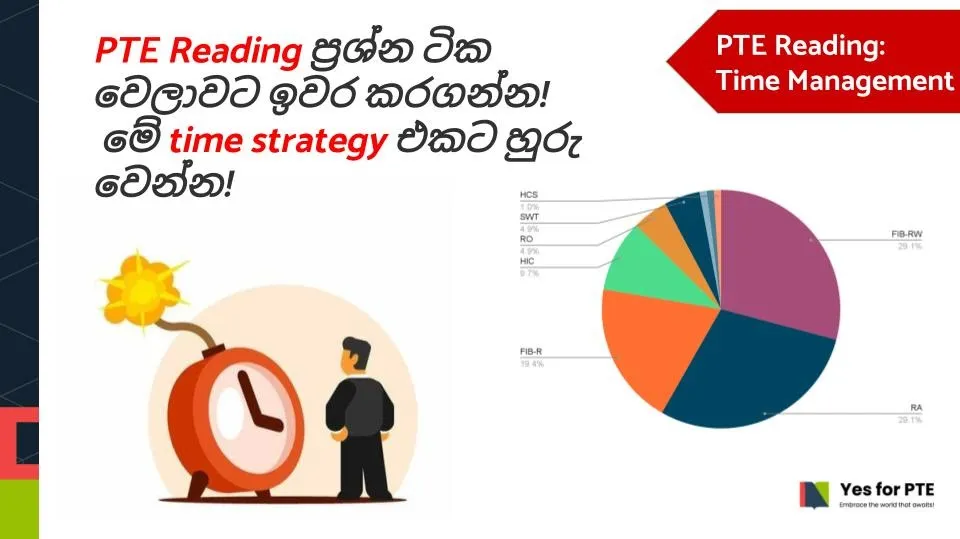When it comes to acing the Read Aloud task in the Pearson Test of English (PTE), the mantra is simple: Read it as you would speak it. But why does this matter so much? Let’s dive into the specifics and unravel the secrets to scoring high in Read Aloud.
The Pearson AI: A Comparator, Not a Detector
Unlike a human evaluator, Pearson’s AI scoring system doesn’t analyze your recording in isolation. Instead, it works as a comparator. It compares your speaking style, pronunciation, and fluency to those of a native English speaker who scores full marks.
What does this mean for you? To boost your score, your recording should closely match the patterns, tone, and style of a native speaker.
Understanding Native Speaker Style
Native speakers read aloud as they speak naturally, with contractions, smooth phrasing, and common expressions. Here are a few examples to understand this better:
- Contractions Are Key
- Sentence: It’s important to understand this concept.
- Native Style: It’s (not It is).
- Numbers Made Simple
- Sentence: I was born in 1990.
- Native Style: I was born in nineteen ninety (not nineteen hundred and ninety).
- Abbreviations in Context
- Sentence: They are from the USA.
- Native Style: They’re from the U.S.A. (not United States of America).
- Smooth Linking of Words
- Sentence: He’s going to the mall.
- Native Style: He’s goin’ to the mall (not over-pronouncing each word separately).
- Natural Pacing and Intonation
- Sentence: What are you doing here?
- Native Style: What’re you doin’ here? (with natural emphasis on doing).
Why Does This Work?
When your speaking style mirrors a native speaker’s:
- Your fluency becomes more natural.
- Your pronunciation aligns closely with the expected standard.
- The AI recognizes your output as similar to its high-scoring benchmark.
The Key to Mastery
- Practice Native Patterns
- Focus on contractions and commonly used pronunciations.
- Avoid over-enunciating or adding unnecessary pauses.
- Listen and Mimic
- Spend time listening to native English speakers. Podcasts, audiobooks, and movies are great resources.
- Practice mimicking their tone, pace, and style.
- Get Feedback
- Use tools like recording apps to evaluate your Read Aloud attempts.
- Compare your recordings with native speaker audio.
Want More Tips?
Mastering the Read Aloud task is just one step toward PTE success. If you want to learn more techniques and get personalized guidance, join us at our next FREE info session. Discover how our proven strategies can help you achieve your target PTE score.
Transform your speaking skills and ace the PTE with Yes for PTE! See you at the session.





